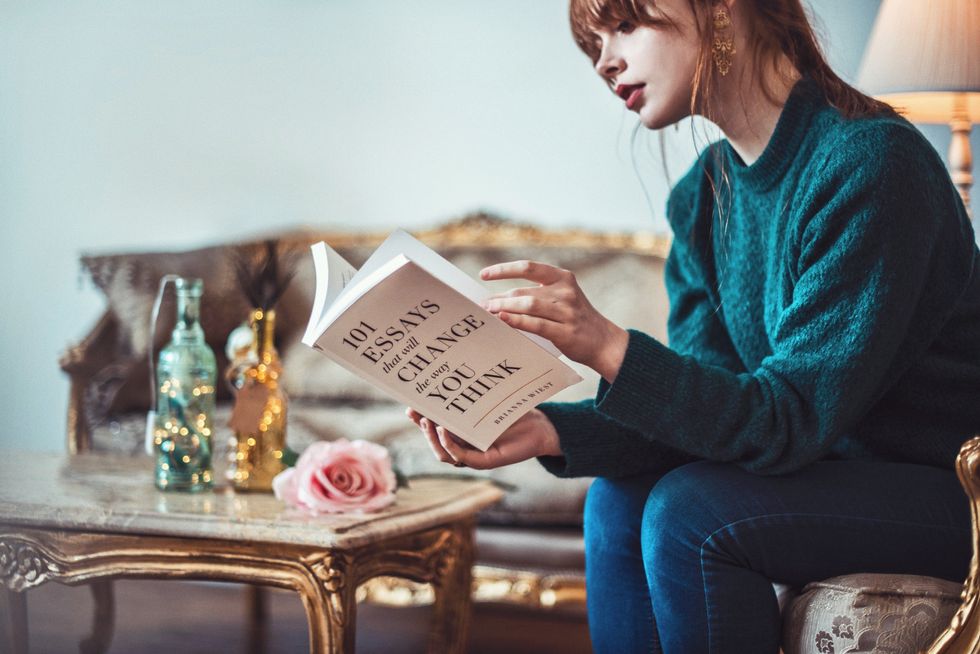Chocano's writing follows on the heels of Betty Friedan's The Feminine Mystique and Gilbert and Gubar's The Madwoman in the Attic. It has the former's wry inquisitiveness, its tacit acknowledgment of how the author has been shaped by the phenomena she is now dissecting, as well as how pervasive said phenomena are in our society. It has the latter's probing analysis of how art constructs and represents "femininity", particularly through the male gaze. But while Gilbert and Gubar looked at ye olde English Literature, Chocano even-handedly examines much more relevant pop culture touchstones like Mad Men and The Bachelor.
Chocano also goes further than these previous texts, delving into the ways boys and men's perceptions of the world are affected by media. She shines a light onto how the hyper-aggressive and violent masculine archetypes portrayed in film and television can be just as damaging to men's self-concept as the hyper-sexualized and passive archetypes feminine archetypes can be for women.
I appreciate how the author does not pretend to be "objective" (I despise that word. It conjures up images of pretentious white men who were so full of their own pomposity that they presumed to call their collective musings "The Age of Enlightenment". As if knowledge was not produced before their conceptions, or would not continue to be produced well after their bones became plant fertilizer), instead of explaining that anyone who tries to analyze society and culture does so from a subjective place. We are immersed in media every day, and it would be foolhardy to pretend to be above it.
The book may not be perfect, with its occasional repetitiveness, but it is honest and nuanced. It ties together literary theory, media criticism and feminist theory in grounded, comprehensible language. I will definitely be recommending this to my friends who want to learn more about feminism as a movement and an ideology.
TLDR: This book is basically a much more accessible, contemporary continuation of themes explored by Gilbert and Gubar decades ago, with its academic analysis interspersed by confessional asides that are reminiscent of the writings of Roxane Gay. These are all good things that coalesce into a wonderful starting point for new feminists or old ones looking for a more modern read. It is also beautifully written, with turns of phrase I loved so much I took pictures of the pages to revisit (I borrowed it from the library).



 Photo by
Photo by  Photo by
Photo by  Photo by
Photo by 














